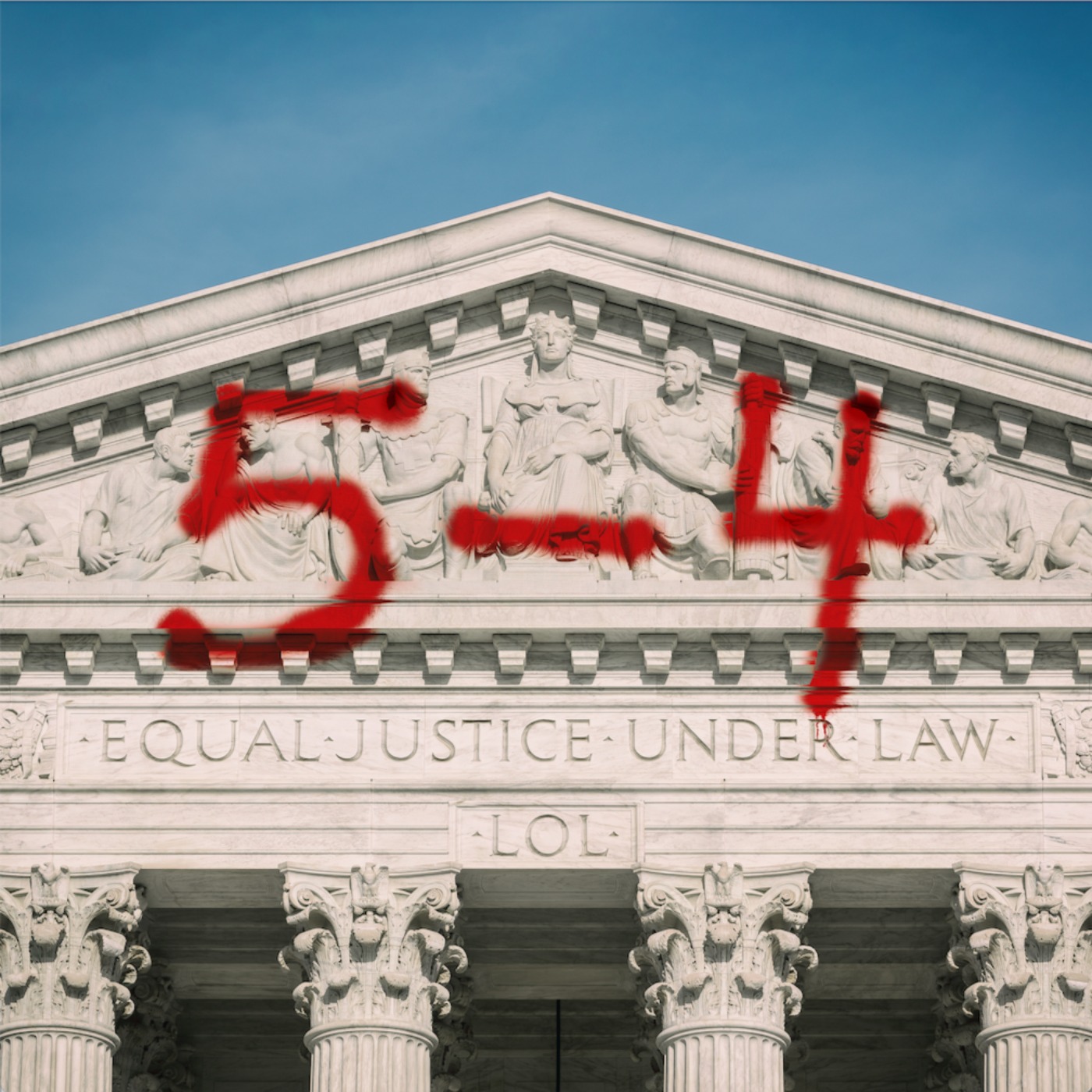5-4 x Know Your Enemy: "Overturning Roe, Part One"
The hosts were recently guests on Know Your Enemy, talking about the origins of the conservative legal movement, and its decades-long campaign to overturn Roe v. Wade. This episode is part of a series they're calling "How They Did It," about the likely reversal of Roe. If you like this episode, you find Know Your Enemy wherever you get your podcasts.
To get premium Patreon-only episodes of 5-4, access to exclusive events, and membership in the 5-4 Slack, join us at www.patreon.com/fivefourpod.
Follow Peter (@The_Law_Boy), Rhiannon (@AywaRhiannon) and Michael (@_FleerUltra) on Twitter.
If you're not a Patreon member, you're not hearing every episode! To get exclusive Patreon-only episodes, discounts on merch, access to our Slack community, and more, join at patreon.com/fivefourpod.
Hosted on Acast. See acast.com/privacy for more information.
Advertising Inquiries: https://redcircle.com/brands
Press play and read along
Transcript
Transcript is processing—check back soon.

